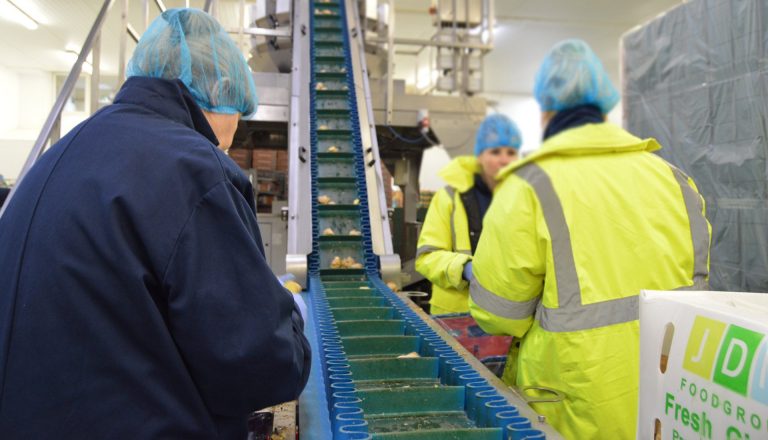Yorkshire Energy Park has awarded £20,000 of grants in the first round of its Community Fund to support local community groups and charity operations in South West Holderness.
Fifteen organisations from the local area have benefitted from funding for projects, ranging from schools and sports groups to Brownies and the Royal British Legion.
The grants will go towards helping several valuable local projects, including supporting St Augustine’s Pantry food bank in Hedon, providing activities for children at Paull Primary School, and helping Preston United AFC and Thorngumbald Barrons to continue their work in providing sports activities for local people.
Sue Pulko of St Augustine’s Pantry in Hedon said: “St Augustine’s Pantry was set up in 2020 by the church to reduce the financial pressure on those who are struggling for money, and help improve their sense of self-worth. We help around 25-30 families each week, providing donated food and household goods. Since the start of the year and the rising cost of living, we’ve seen more and more people coming to us for help. The funding we’ve received from the Yorkshire Energy Park Community Fund will enable us to continue helping local families in their time of need.”
Project Director of Yorkshire Energy Park, Andrew Reynolds, said: “We were bowled over by the number of high quality applications and the decisions around which groups to support were tough.
“As we look forward to the development of Yorkshire Energy Park, we’ll continue with our commitments to support the region by creating jobs, supporting education and skills development and giving back to the local community.”
The Yorkshire Energy Park Community Fund will consider applications from projects that:
• Promote green living and create better environments, such as community planting projects or nature trails.
• Inspire people to learn and undertake training, such as free training courses or advice sessions for residents.
• Improve the local community, such as community events, support for local sports teams or groups, or encouraging volunteering.
Administered by longstanding local charity Hull CVS, the fund made grants of £500 to £5000 available to groups operating within the South West Holderness Ward of East Riding of Yorkshire Council. An independent panel of local people, including councillors and volunteers at local community groups, decided which local groups would benefit from the scheme.
Sewell Investments is an investor in Yorkshire Energy Park. The site, which is currently under development, will be a UK energy and technology business park, located near Preston. It will deliver renewable energy, battery storage and state-of-the-art digital infrastructure, plus space for research and development.
Kersty Smith of Hull CVS, who has been administering the fund, said: “We’re delighted to be involved with the management of the Community Fund on behalf of the Yorkshire Energy Park. The fund ensures that voluntary groups in the South West Holderness area are able to deliver vital work in the community and help to make the area a better place to live, work and visit.
“The full grant allocation has now been dispersed following a hugely successful launch, and we’ll be opening up for more applications from April 2024. We’d love to see as many groups as possible apply so they can continue to delivery great projects and activities across the ward.
“We’d recommend that groups wanting to sign up for this and other funding in the South West Holderness area register on the
East Riding 4 Community website for updates on when more grants will be available.”











